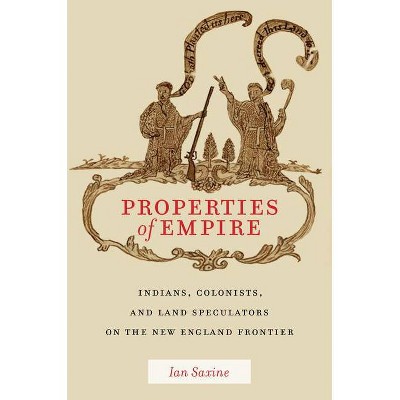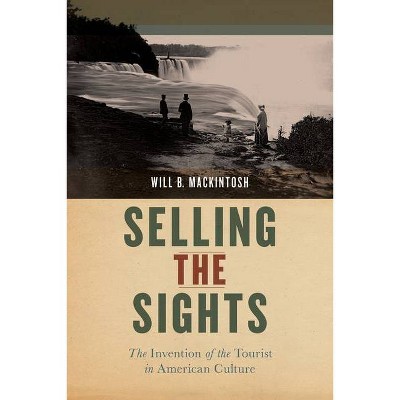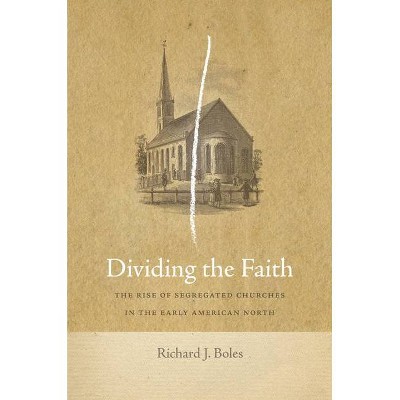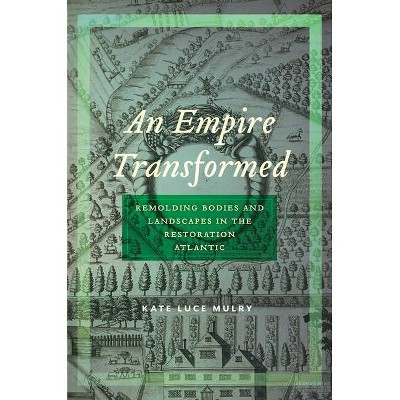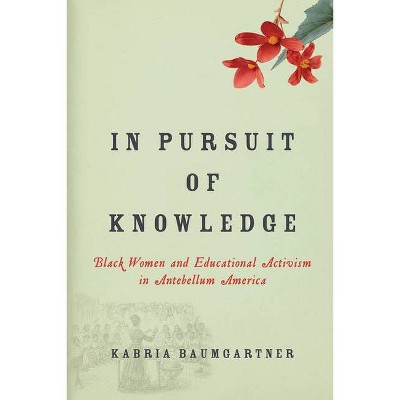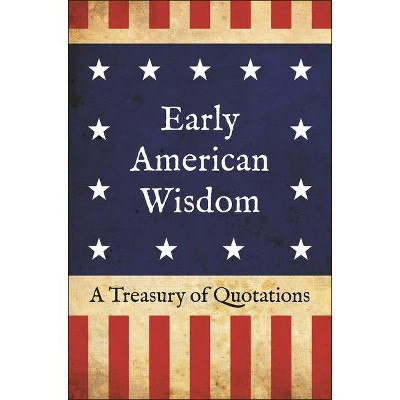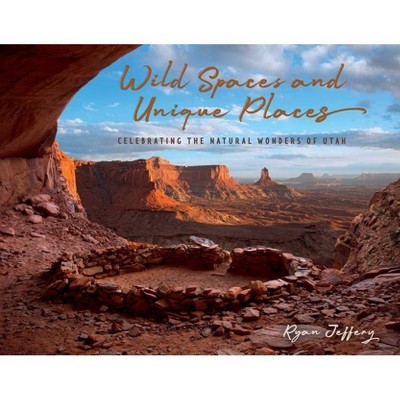Vagrants and Vagabonds - (Early American Places) by Kristin O'Brassill-Kulfan (Hardcover)
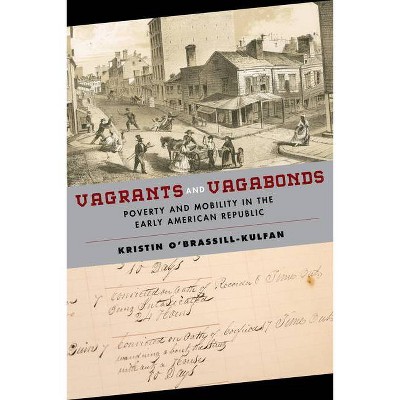
Similar Products
Products of same category from the store
AllProduct info
<p/><br></br><p><b> About the Book </b></p></br></br>""Vagrants and Vagabonds: Poverty and Mobility in the Early American Republic" explores the topics of social class and poverty and their implications in the early American republic."--Provided by publisher.<p/><br></br><p><b> Book Synopsis </b></p></br></br><p><b>The riveting story of control over the mobility of poor migrants, and how their movements shaped current perceptions of class and status in the United States</b> <p/>Vagrants. Vagabonds. Hoboes. Identified by myriad names, the homeless and geographically mobile have been with us since the earliest periods of recorded history. In the early days of the United States, these poor migrants - consisting of everyone from work-seekers to runaway slaves - populated the roads and streets of major cities and towns. These individuals were a part of a social class whose geographical movements broke settlement laws, penal codes, and welfare policies. This book documents their travels and experiences across the Atlantic world, excavating their life stories from the records of criminal justice systems and relief organizations. <p/>Vagrants and Vagabonds examines the subsistence activities of the mobile poor, from migration to wage labor to petty theft, and how local and state municipal authorities criminalized these activities, prompting extensive punishment. Kristin O'Brassill-Kulfan examines the intertwined legal constructions, experiences, and responses to these so-called "vagrants," arguing that we can glean important insights about poverty and class in this period by paying careful attention to mobility. This book charts why and how the itinerant poor were subject to imprisonment and forced migration, and considers the relationship between race and the right to movement and residence in the antebellum US. Ultimately, Vagrants and Vagabonds argues that poor migrants, the laws designed to curtail their movements, and the people charged with managing them, were central to shaping everything from the role of the state to contemporary conceptions of community to class and labor status, the spread of disease, and punishment in the early American republic.</p><p/><br></br><p><b> Review Quotes </b></p></br></br><br>Americans in the early republic believed that their ability to movegeographically, socially, economicallywas the essence of their freedom. They trusted that capitalism offered upward mobility and that an expansive republic would prove an empire for liberty in which law would protect property rights. Vagrants and Vagabonds offers an important corrective to these ideas. Capitalist transformation forced poor Americans to move often and in ways they did not necessarily choose. Vagrancy law limited their movements and curtailed their freedom. OBrassill-Kulfan's important book reminds us that mobility helped to entrench inequality in the United States as much as it enabled American dreams.--Brian Luskey, author of On the Make: Clerks and the Quest for Capital in Nineteenth-Century America<br><br>An excellent analysis of the systems of coercion and control that the authorities attempted to impose on indigent transiency in this period, while also providing much insight into the other overlapping issues at the same time. O'Brassill-Kulfan's decision to foreground the lives and stories of particular individuals makes it a powerful book. One might have presented this material in abstract descriptions of different groups and structures--an angle of analysis that she also includes in places--but at the heart of Vagrants are the people themselves and their daily struggles against the combined forces of economic distress and official hostility.-- "Journal of Social History"<br><br>Brings to life the individuals who were being judged, institutionalized, and transported ... Vagrants and Vagabonds is at its best when exploring the experiences of the individuals and families caught up in the government system for poor relief and removal ... does an admirable job of telling the stories within as much context for each as she can provide. Placing the movement of individuals at the center of the story allows for a varied and complicated understanding of the lives of the poor.-- "Civil War Book Review"<br><br>Kristin OBrassill-Kulfans study of the mobility of poor and otherwise unwanted members of society, and the efforts of authorities to dictate and control their movement, tells us much about the life of multiple subaltern groups in the antebellum U.S. in a way that is especially relevant today. She addresses forced migration, incarceration, and exclusion, bringing all of these issues of mobility together in a multifaceted study that should be required reading for anyone interested in early U.S. history, the carceral state, and poverty in the U.S. Her important book adds much to the historiography of a number of fields, including early U.S. history, labor history, racial and ethnic history, and poverty studies. It is essential reading for policy makers and political scientists today who want to understand the history of race- and class-based exclusion in the U.S.--Beverly Tomek, author of Colonization and its Discontents<br><br>O'Brassill-Kulfan studies vagrancy and migration in the early American republic as a window into a broader understanding of poverty ... Steeped in the intersections of race, class, and gender with labor history, O'Brassill-Kulfan's study will appeal to scholars in these areas.-- "Choice"<br><br>O'Brassill-Kulfan's careful analysis of mid-Atlantic indigent transients yields important insights into the legal definitions of community membership and citizenship in the early republic. <i>Vagrants and Vagabonds</i> is a valuable study.-- "Journal of American History"<br><br>Vagrants and Vagabonds is an important book and deserves wide readership ... a valuable addition to the historiographies on poverty, migration, emancipation, and governance in the early American republic. Those interested in the Civil War era will appreciate two foci in particular: how northern states responded to northern emancipation, and how fugitive slave laws fit in the context of vagrancy laws. Those interested in policing and immigration will also find much of interest in this work. Vagrants and Vagabonds sheds scholarly light on the laws and people who quietly shaped how Americans moved about the country in the early republic.-- "The Journal of the Civil War Era"<br><br>Vagrants and Vagabonds proves the critical importance of considering poverty and mobility for analysis of the early American republic and beyond. Scholars of policing, incarceration, and poverty and both undergraduate and graduate students will benefit from this important text.-- "Pennsylvania Magazine of History and Biography"<br>
Price History
Price Archive shows prices from various stores, lets you see history and find the cheapest. There is no actual sale on the website. For all support, inquiry and suggestion messagescommunication@pricearchive.us
